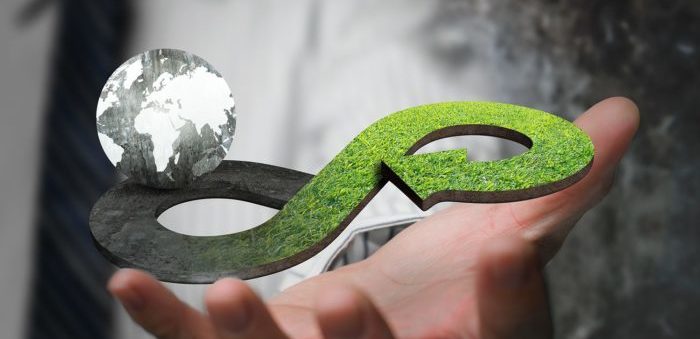Equinor announced its ambition to become a net-zero energy company by 2050. The ambition includes emissions from production and final consumption of energy.
Earlier this year, Equinor announced its plans to achieve carbon neutral global operations by 2030 and to reduce absolute greenhouse gas (GHG) emissions in Norway to near zero by 2050. At the same time, it outlined a strategy for significant growth within renewables, as well as a new net carbon intensity ambition. Continuing to deliver on the short and mid-term ambitions will be key to achieving net-zero emissions.
Equinor expects to deliver an average annual oil and gas production growth of around 3% from 2019 to 2026. Equinor will continue to develop competitive and resilient projects whilst maintaining carbon efficiency. The net-zero ambition will strengthen future competitiveness and value creation at the Norwegian continental shelf (NCS).
Equinor is preparing for an expected gradual decline in global demand for oil and gas from around 2030 onwards. In the longer term, Equinor expects to produce less oil and gas than today.
To develop Equinor as a broad energy company, renewables will be a significant growth area. Equinor has previously set ambitions for profitable growth within renewables and expects a production capacity of 4-6 Gigawatts (GW) by 2026 and 12-16 GW by 2035. Equinor now plans to expand its acquisition of wind acreage, with the aim of accelerating profitable growth and will continue to leverage its leading position in offshore wind.
To achieve net-zero emissions requires a well-functioning market for carbon capture and storage (CCS) and natural sinks, as well as the development of competitive technologies for hydrogen
says Equinor.
Equinor is driving the development of these technologies through projects such as Northern Lights, which aims to store CO2 from industrial sites across Europe. Equinor also assumes that an increasing share of oil and gas will be used for petrochemicals towards 2050.
Climate change is a shared challenge. The combined efforts of governments, industries, investors and consumers are crucial to reaching net-zero emissions, for Equinor and for society. Together, we can overcome technological and commercial challenges, cut emissions, and develop CCS and zero-emission value chains for a net-zero future
notes Anders Opedal, Chief Executive Officer (CEO) and President of Equinor.
































































